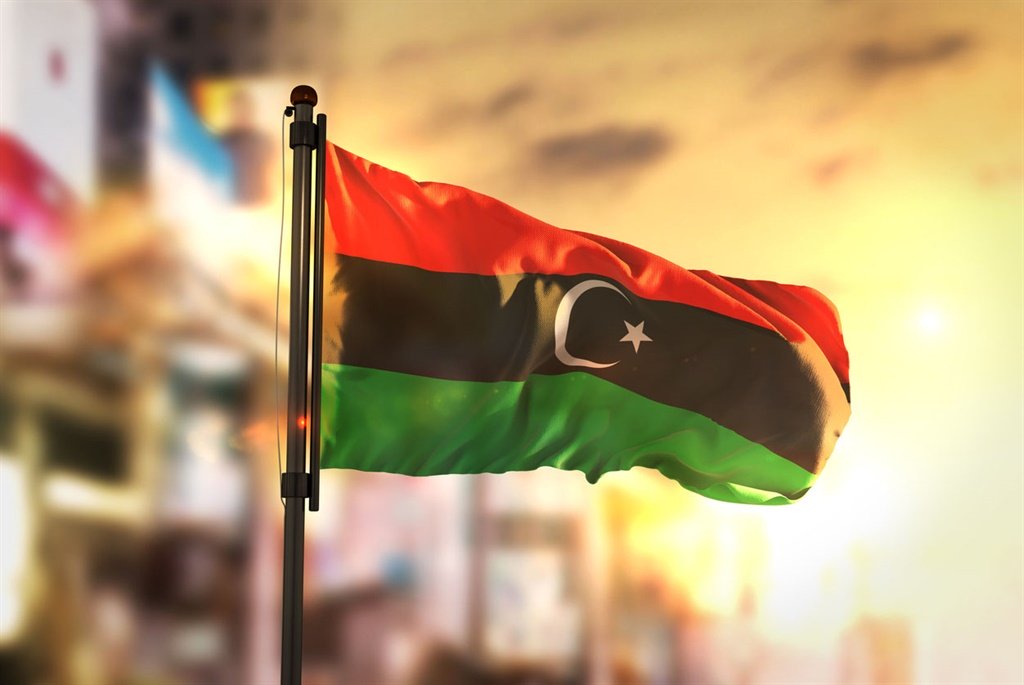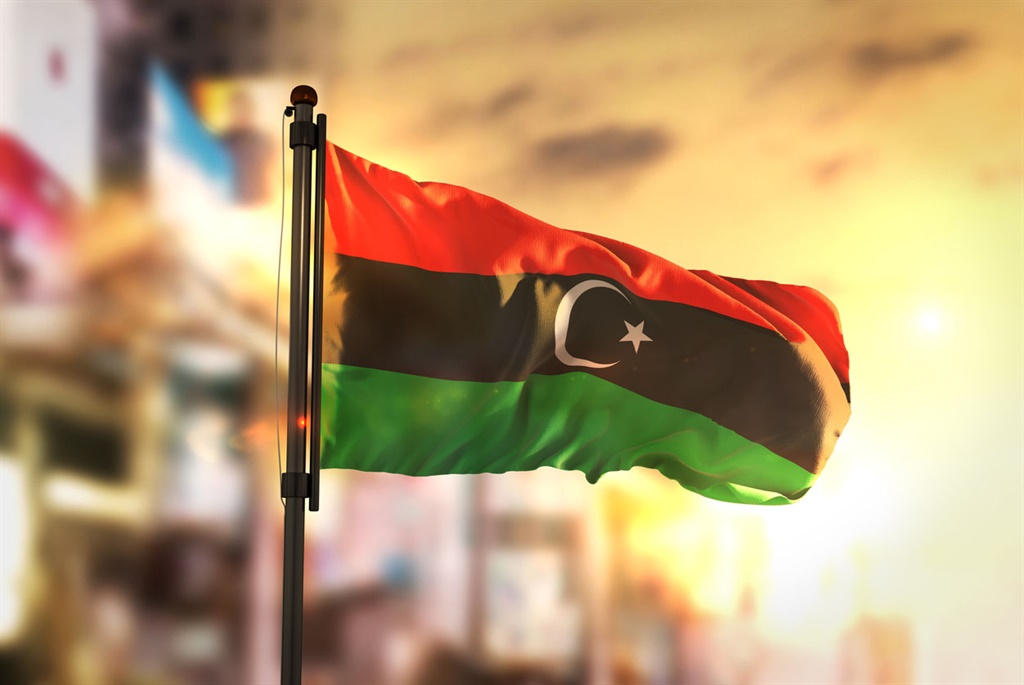

Heavy clashes have spurred a growing exodus of migrants from Libya, but nearly 1 000 intercepted at sea have been forced to return to the war-ravaged country since January 1, the UN said on Tuesday.
Since the start of the year, as many as 1 100 migrants have left Libya by sea, according to the International Organisation for Migration (IOM), adding that a majority had been sent back to the country and detained.
“At least 953 migrants, among them 136 women and 85 children, have been returned to Libyan shores in the first two weeks of 2020,” spokeswoman Safa Msehli told reporters in Geneva.
“Most were disembarked in Tripoli and all were taken to detention centres,” she added.
At the behest of Italy, Libya’s coastguard routinely blocks migrants from reaching Europe.
READ | Libyan rivals to sign ceasefire deal in Moscow
Rights groups charge that Libya picks up migrants in the Mediterranean and brings them back to overcrowded detention centres, where many have been victims of abuse and forced labour.
The increase in departures comes after a surge in violence in Tripoli, which was temporarily tempered by a weekend halt in fighting, but with the international community so far unable to secure a longterm ceasefire.
Libyan strongman Khalifa Haftar and his allies were in Moscow on Monday for talks with the UN-recognised government headed by Fayez al-Sarraj that is based in Tripoli.
The talks raised hopes of an end to the latest fighting to wrack Libya since a 2011 NATO-backed uprising killed longtime dictator Moamer Kadhafi.
But Haftar left Tuesday without signing a longterm ceasefire agreement aimed at ending nine months of fighting, leaving the future of a fragile truce uncertain.
Libya has become a major route for migrants trying to reach Europe, especially in the upheaval and fighting among rival groups that followed Kadhafi’s fall.
IOM said “the heaviest clashes Tripoli has seen since hostilities began nine months ago” was clearly pushing more migrants to leave Libya.
“There is definitely a sudden increase in departures, partly linked to the security situation,” Msehli said.
ALSO READ | Libya’s strongman Haftar snubs peace deal in Moscow
In addition, she said, more than 1,000 migrants who had registered with IOM to voluntarily return to their home countries remained trapped in Libya due to the security situation.
“We definitely believe that all civilians in Tripoli and surrounding areas are at risk,” Msehli said.
Among the civilians are at least 110 000 migrants in urban areas and as many as 4 000 people in detention, she said, reiterating IOM’s demand to dismantle the Libyan migrant detention system.
“Alternative solutions that safeguard lives must be found to alleviate the suffering of thousands of men, women and children who are held in inhumane conditions.”

